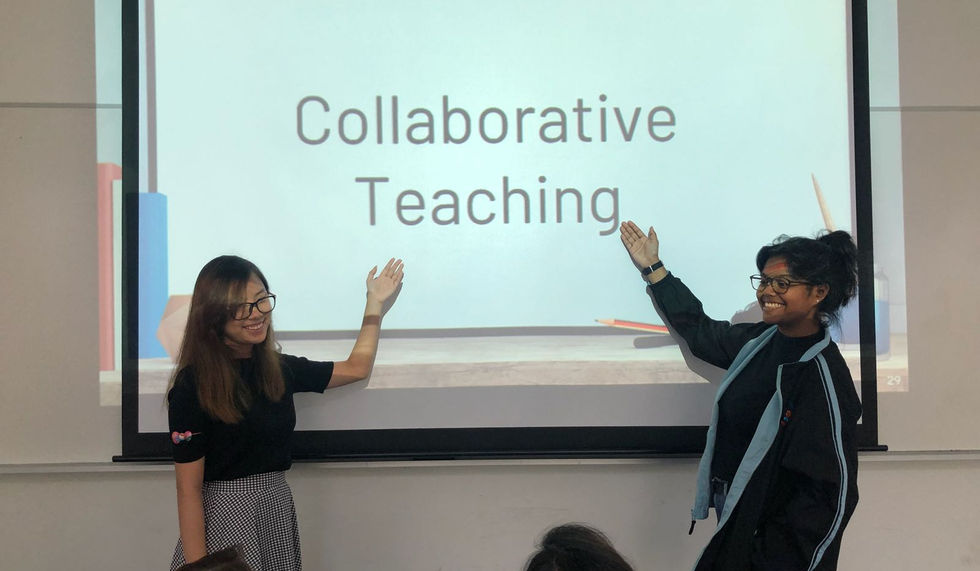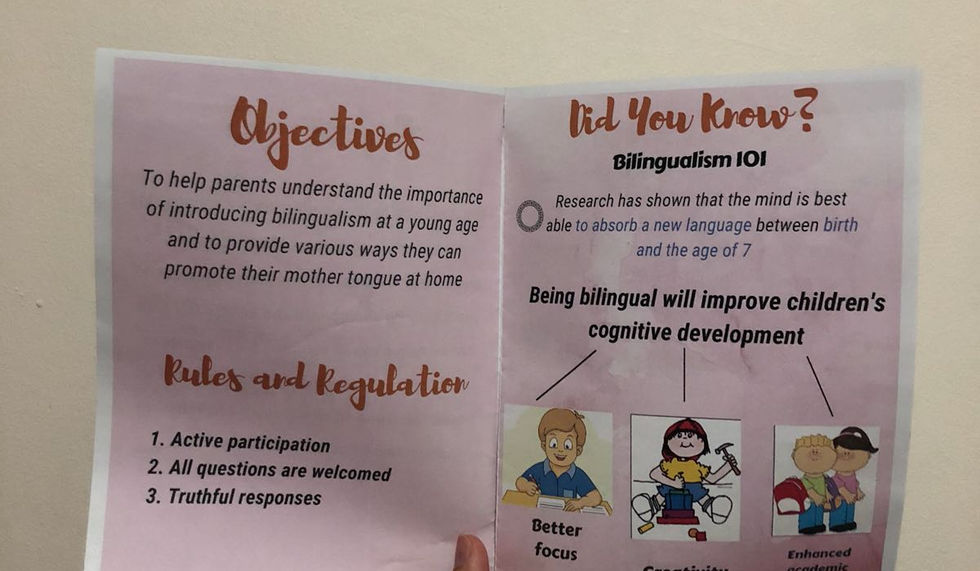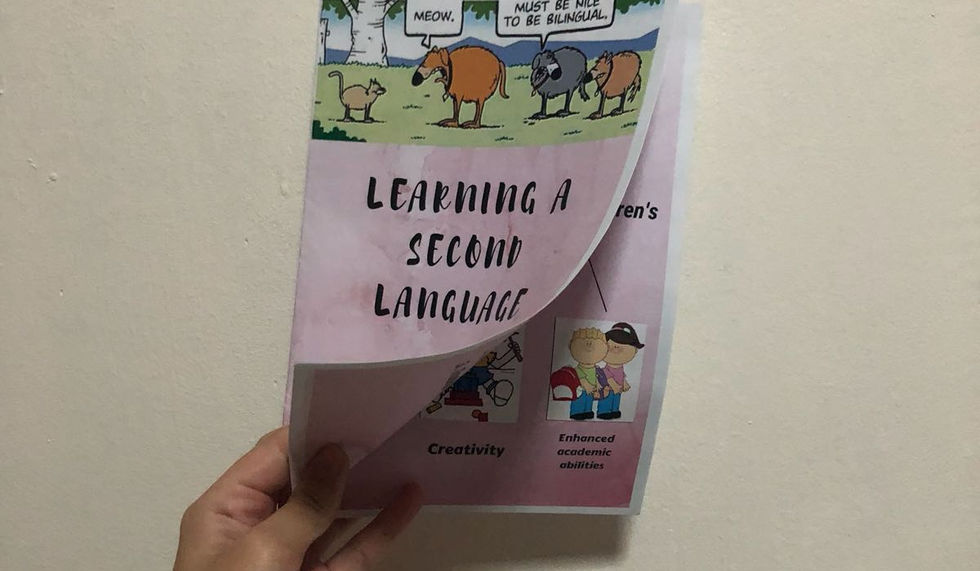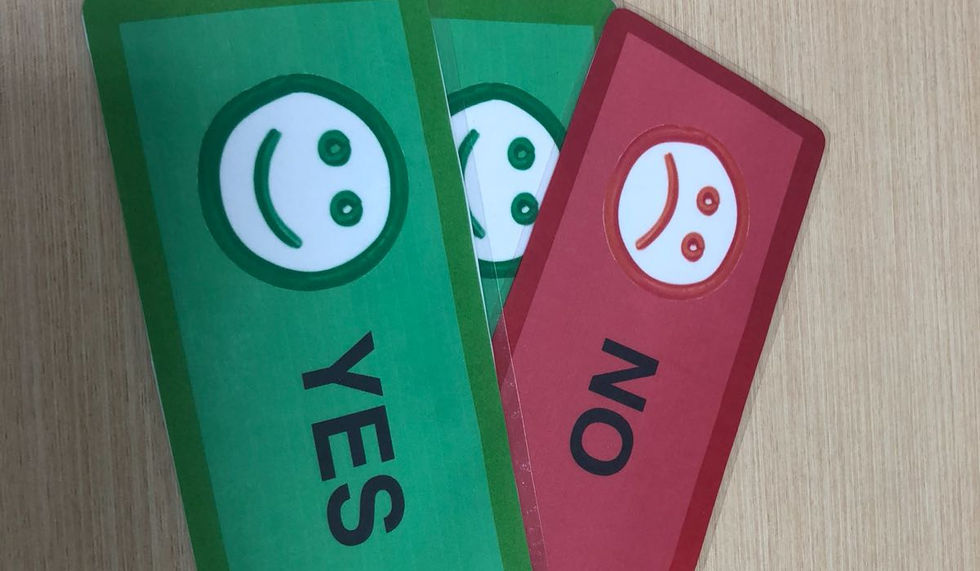
Proposed Action Plan
Recommendations to Implement Bilingualism in Preschools
How?
Collaborative teaming models:
- Both teachers to adopt team teaching models where both languages are used at the same time in the same lesson
(to utilise in current affairs, discovery, inquiry and other domains)
Compulsory non-contact time:
- For both teachers to set aside a fixed time to plan lessons
- Occurs during Naptime (at least once a week)
- Scheduling on a whiteboard across all teaching levels (each level to use a different day, to allow helping/teaching of other classes if needed)
Why?
STEP 1: COLLABORATION: Between Educators
Collaborative teaming models:
- Prevents overlapping of lessons as lessons are carried out at the same time
- Able to introduce more content in the term surrounding the topic
(enriching child's experience)
- Effective use of two languages at the same time and in same contexts
(allowing children to have increase vocabulary of both languages)
- Types of collaborative teaming models:
One teaching one helping, Parallel teaching, Station teaching, Alternative teaching and Team teaching
Compulsory non-contact time:
- To provide sufficient time for educators to plan lessons
(Short term action - to kickstart the habit as it is not utilized on usual basis)
- Overall improving the type/quality of lessons, reducing restlessness/disinterest in children
STEP 1's Resources/Materials
STEP 2: COLLABORATION: Between Educators and Families
How?
Scheduling of parents according to availability and expertise using google forms:
- Based on occupation, interest, skills
Parental involvement/volunteering
- to be conducted every last week of the month (with approximately 2 parents per month)
Usage of a two-way communication platform
- ClassDojo
Why?
Increased parental involvement during lessons which aids children's learning
Parents are able to share more on culture, experiences and languages
Communication platform:
- Allows parents to view child's learning immediately through photos and stories
- Increase in direct and immediate communication with the school which increases their understanding of the importance of bilingualism
STEP 2's Resources/Materials
STEP 3: Annual Parental Workshop
How?\
Conducted by both language teachers
- A brief introduction on the importance of bilingualism
- Provides statistics and fact-checking activities regarding bilingualism
- Suggestions for activities to carry out at home with the child to help with language acquisition
- Teaching the use of new communication platform
Why?
For parents to understand the importance of bilingualism to start at a young age and their role in helping their child
Introduce the new communication method so parents can utilise it better











